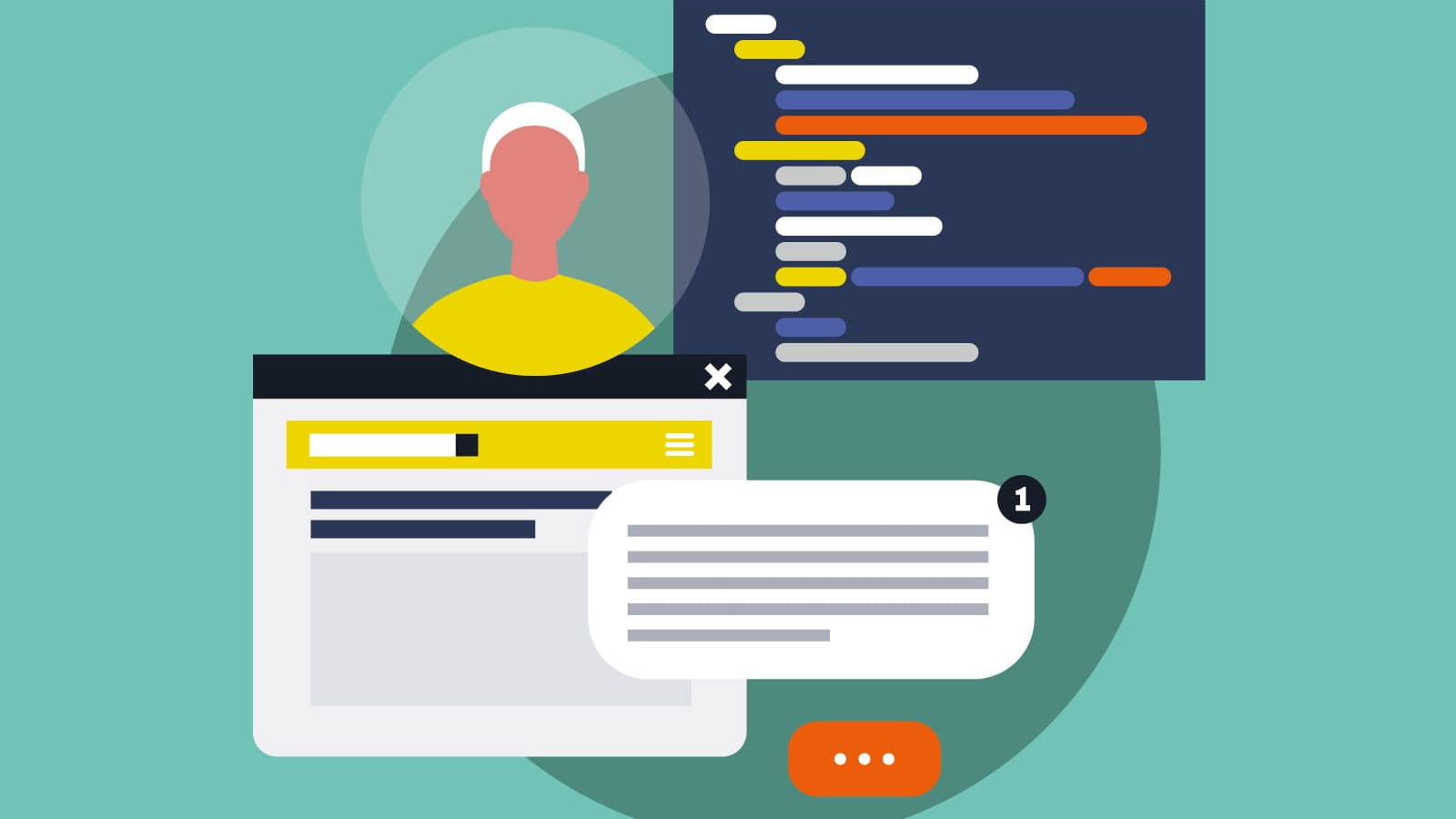Your use of social media and how you present yourself online are important aspects of professional conduct. Every Tweet, picture and post leaves a digital footprint, so tread carefully.
In today’s digital world, how we present ourselves online is becoming increasingly important, both personally and professionally. While social media undoubtedly has huge networking benefits, there are pitfalls too. “Social media offers opportunities to grow your profile, learn, discuss and connect with others around the world and around the clock – but don’t forget that all those things can backfire if you get it wrong,” says Meg Pickard, a digital content and social media expert who trains individuals and organisations on making the most of their online presence. “You should always aim to make your professional social media a reflection of your best work self, even if you’re posting from home at 11pm on your sofa!”
Here are our top tips on presenting yourself in the most professional light.
Pause before you post
While it’s good to have an opinion, beware being too opinionated online. Don’t forget that comments can be taken out of context, and that old posts can come back to haunt you. ICAEW’s Code of Ethics requires accountants to act with integrity and avoid any conduct that might discredit the profession – and this is where most of the risks from social media lie. ICAEW is seeing an increase in complaints about members’ and students’ professional behaviour, particularly their activities on social media. Examples where ICAEW’s Investigation Committee has taken corrective action include offensive comments made in a blog and subsequently shared on Twitter, breaches of confidentiality on Snapchat, and acting unprofessionally on a range of social media platforms. Failures to comply with the Code of Ethics, whether inadvertent or not, can lead to disciplinary action, as well as financial penalties such as fines and costs.
If you’re tempted to post something potentially inflammatory, especially in the heat of the moment, take a minute to stop and think first. Is it an opinion you would openly express in front of your manager or client? If not, chances are you shouldn’t voice it online either. And it goes without saying that you should never disclose confidential or sensitive information about your colleagues, employer or clients online – remember that even an image or location tag could reveal confidential information.
Watch what you write
It’s not just what you say, it’s how you say it. The quality of your written communication, even in a quick Tweet, is an illustration of how well you can communicate in the workplace. Always think about the image you’re presenting to the outside world: at the very least check any ‘professional’ posts for basic spelling and grammar, and never use offensive language.
Separate your personal and professional lives
It’s a good idea to keep the more ‘social’ of your social media accounts, such as Facebook and Instagram, private, so make sure you use the privacy settings to restrict access – and be cautious about accepting friend or follow requests from people you don’t know. You could even consider setting up separate accounts for personal and professional use, particularly for platforms like Facebook and Twitter where you might want to engage with employers, professional bodies and other relevant groups as well as friends.
Have a clearout
Even if you’ve got maximum privacy settings in place, get into the habit of having a regular spring clean of your social media accounts: remove or un-tag photos, delete old posts, unfriend connections and unfollow pages you’re no longer interested in. It’s also worth doing a Google search of your name now and then to get an idea of what others can easily find out about you so that you can take action if necessary.
Make use of LinkedIn
Make sure any professional profiles – particularly LinkedIn – are up to date and comprehensive. With more than 750 million members worldwide, LinkedIn is by far the largest professional network, so it’s important to have a presence. Think of it as an online CV: you should briefly list all your professional experience, training and qualifications – but never exaggerate your achievements. It’s also a great opportunity to demonstrate your interest in and commitment to your career, so stay active and engaged: network with colleagues and contacts, join groups, follow industry experts and influencers, contribute to discussions, and share relevant posts and articles to boost your knowledge and credibility.
